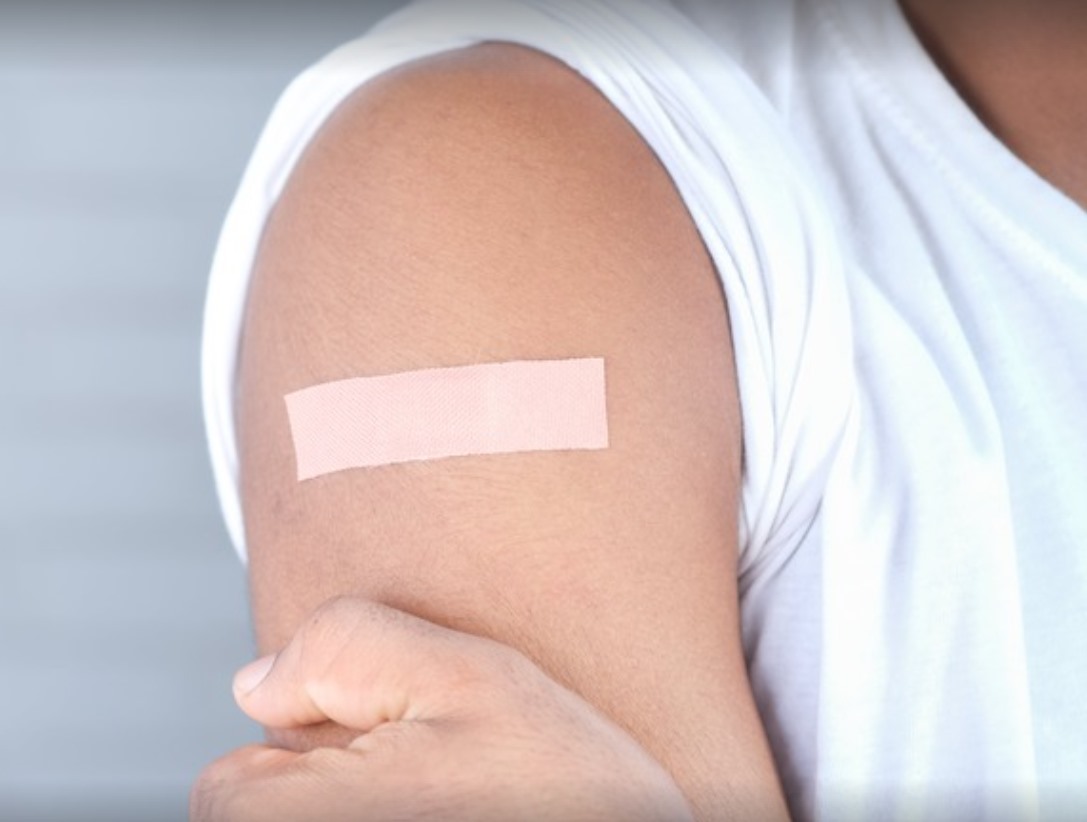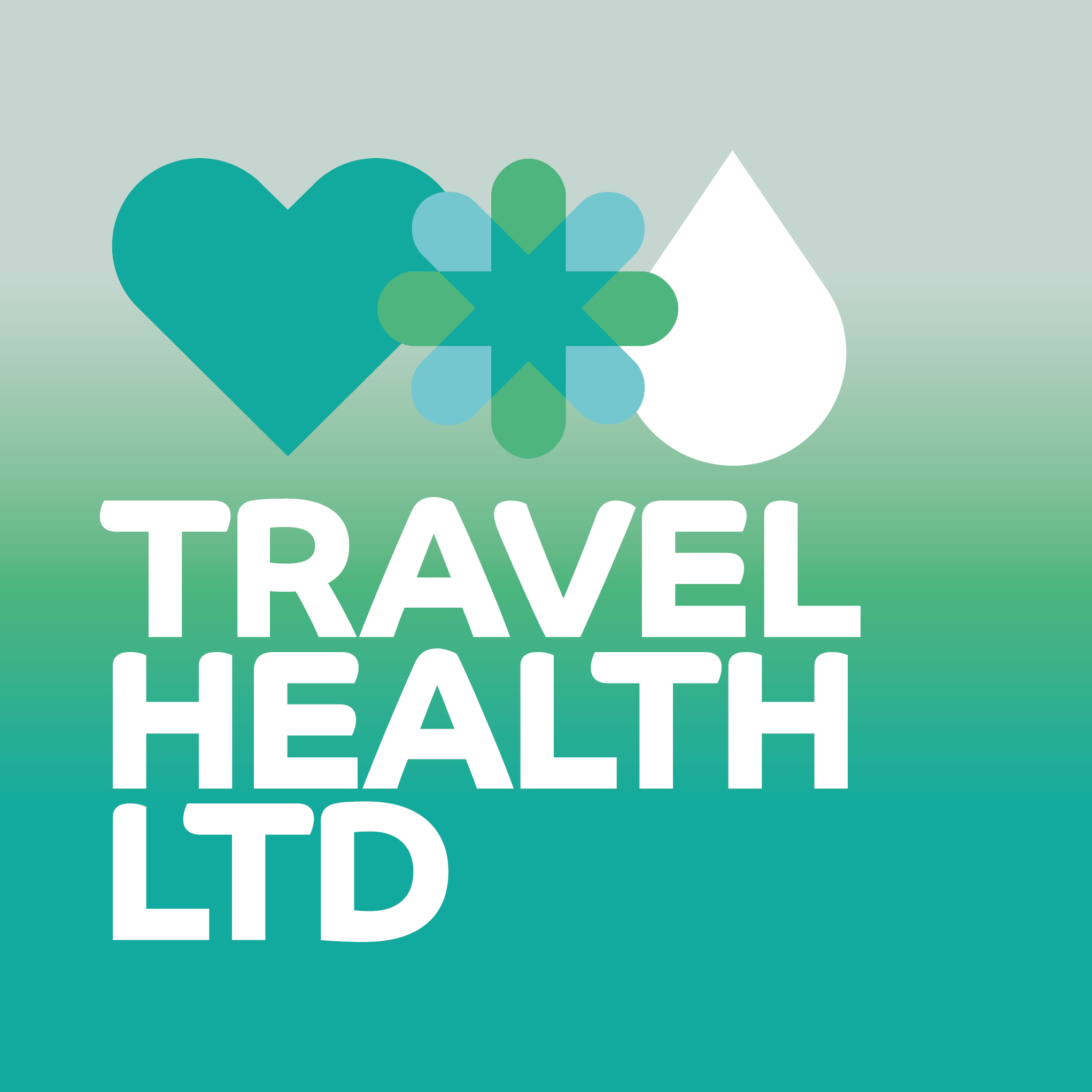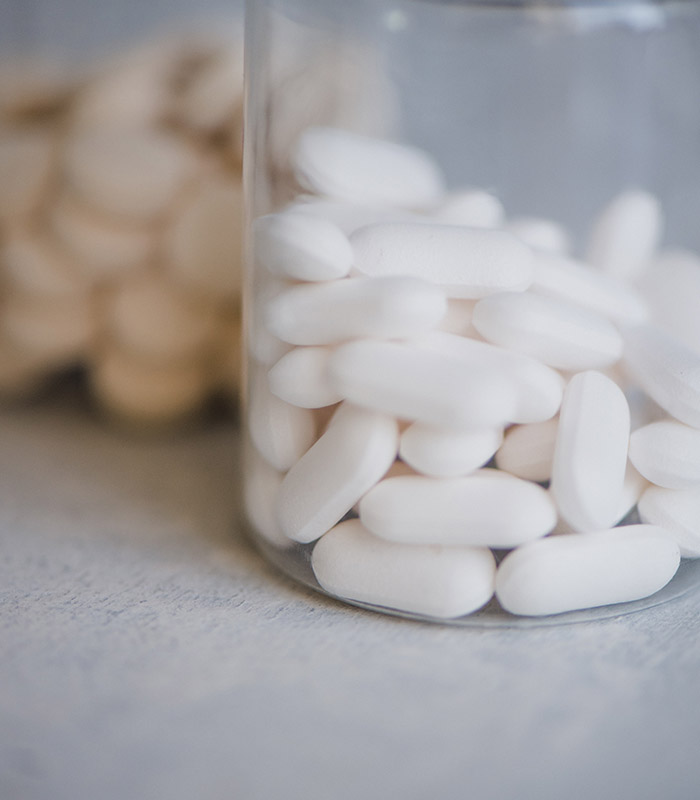Travelling with Medication
General Advice
All travellers going overseas with medication (including over the counter medications) should check if there are any restrictions on medications they intend to take prior to travel, such as:
- Taking it out of the UK.
- Taking it into the countries to be visited (including those being transited).
- The type and /or amount of medication that can be taken.
Some countries have extensive lists of medications that are not permitted e.g. India, Turkey, Pakistan and United Arab Emirates.
General tips for travelling with medicines:
- Ensure adequate supplies are taken for duration of trip, include extra for unforeseen delays, damage or loss.
- Keep medicines and equipment in original packaging with labels.
- Consider using a thermos flask, cool pack or insulated pouch for medications that need to be kept at a specific temperature.
- Carry medicines in hand luggage; suitcases may be delayed or lost in transit. Where possible split medications between bags, including hand luggage, so that if one goes missing supplies are still available.
- For prescription medicines a copy of the prescription may be useful or an essential requirement.
- Medications and equipment to be taken across border controls, through airport security or onto an aircraft may also need a healthcare practitioner letter.
- Essential medication required during air travel may be exempt from the maximum 100ml liquid restriction but this requires a letter and prior approval from the airport and airline.
Checking what’s allowed
Check the rules for all the countries you’re going to, including countries that you’re just passing through. Different countries have different rules and regulations about:
- the types of medicine they allow to be taken into the country
- the maximum quantity you can take in
Some medicines available over the counter in the UK may be controlled in other countries and vice versa. Countries such as India, Pakistan and Turkey have a list of medicines they will not allow into the country.
International rules vary – contact the embassy for the country you’re visiting. GOV.UK has a full list of foreign embassies in the UK
Travelling with your medicines
Always carry medicines and medical equipment (needles, syringes and so on) in their original, correctly labelled packages. Carry your medicine in your hand luggage (although check your airline’s regulations before travelling) with a copy of your prescription.Consider packing some extra medicine in your suitcase or hold luggage in case you lose your hand luggage. Check that the expiry dates of your medicines will be valid for the duration of your visit abroad.
Some medicines need to be kept at room temperature (below 25C) or stored in the fridge. If you’re travelling to a warm country, get advice from your pharmacist about storing your medicine.
For example, to keep your medicine at the right temperature, you may need to store it using:
- a thermos flask
- an ice pack
- a cool bag
- an insulated pouch
Taking health information with you
It’s a good idea to travel with a copy of your prescription and a letter from your GP that has:
- details of your medicine, including its generic name (not just the brand name)
- the name of the health condition that you need the medicine for
As well as helping you avoid any problems at customs, this will be useful if you need medical help while you’re away. It may be worth getting the information translated into the language of the country or countries that you’re visiting. Be advised that your GP practice may charge for writing such a letter, as GPs are not obliged to provide the service under the NHS.
Controlled medicines
Some prescribed medicines contain drugs that are controlled under the Misuse of Drugs legislation in the UK. This means that extra legal controls apply to these medicines. You may need a personal licence to take controlled medicines abroad.
Specific requirements also apply to:
- the information that you must take with you
- how you carry your controlled medicines
For more information, see Can I take controlled medicines abroad?
You can also visit the GOV.UK website for more information on travelling with controlled medicines
Source: NHS Choices – Can I take my medicine abroad? – NHS (www.nhs.uk)
Did You Know?
Here at Travel Health, we offer private travel vaccinations to help you remain safe and healthy during our trip. Learn more by visiting our vaccinations page.
We also offer a comprehensive blood testing service. as well as ear microsuctioning
Looking For More Travel Health Services?
Securing your health and well-being prior to travel is the best way to protect yourself from any infections and viruses. If you are travelling to any destinations that pose health risks, it’s important to make sure you’re vaccinated before your trip.
We offer vaccinations for a wide range of destinations as well as for protection during daily life with same-day appointments and flexible bookings available. You can browse our private travel vaccinations page for more information.

Better Travel Health is Our Mission
Same Day Appointments are Available.
01276 402312 or 07379 873674
Travel Health Ltd. Building B, The Arena Riverside Way Camberley GU15 3YL


